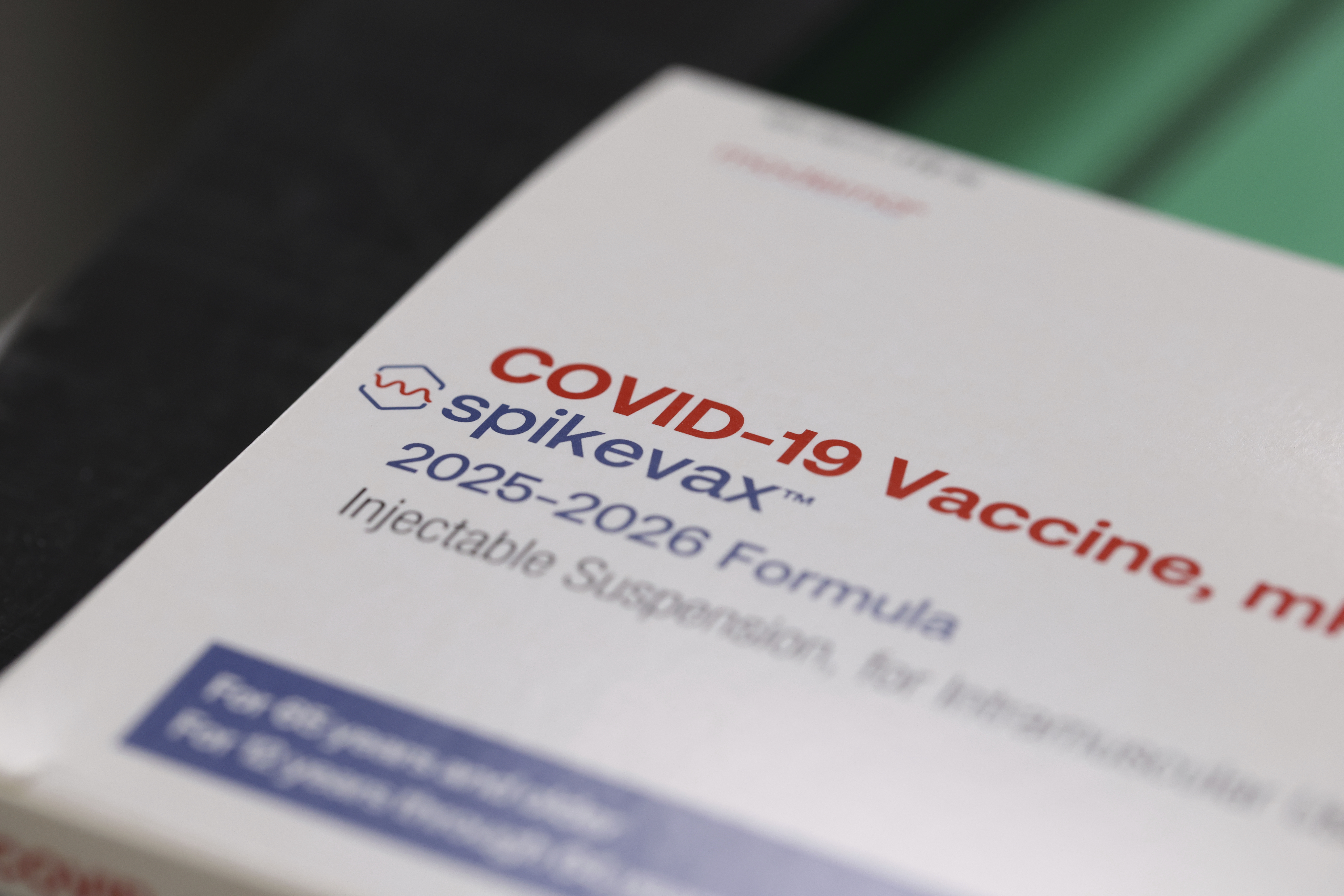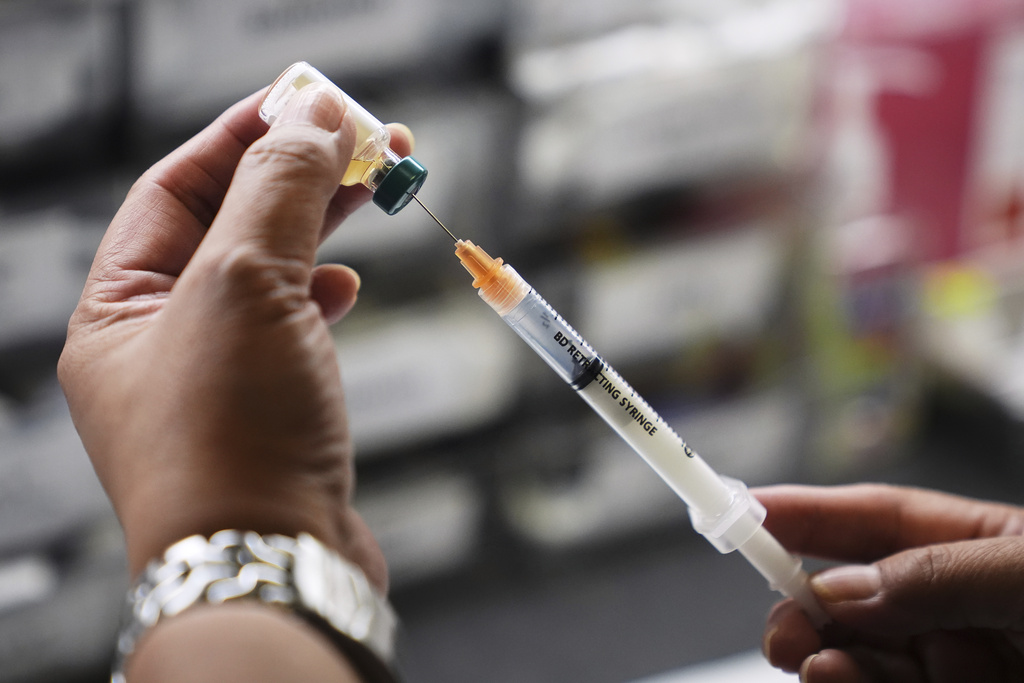It's been three years and dozens of variants since the world first heard of SARS-CoV-2 and COVID-19 infection. Since then, there has been tons of research into different medicines and how immunity works, among other findings.
Justin Moore is a clinical pharmacist in infectious diseases and antimicrobial stewardship at Northwestern Memorial Hospital in Chicago. He says over the last year, more COVID cases are outpatient — mild to moderate. Those hospitalized are mostly coming in for a different ailment and test positive for COVID.
"The shift over the last year or so is probably the move to the outpatient, so that mild to moderate COVID that we want to focus on, treatment to prevent patients from being hospitalized or from dying," Moore said.
For that, standard of care may include steroids, like dexamethazone, or antivirals, like remdesivir, and usually Paxlovid or Lagevrio. Both are emergency authorized.
The initial randomized clinical trial of Paxlovid showed an 89% reduction in severe COVID-19 outcomes in unvaccinated people pre-Omicron. A December 2022 CDC report shows people who took the drug had a 51% lower hospitalization rate than those who didn't.
"We don't have a lot of great data for what's effective in a highly vaccinated population," Moore said.

Why COVID vaccine outreach is still critical in 2023
Pharmacists are working to get the COVID vaccine to communities that may not have easy access to a pharmacy.
Newer variants made some treatments obsolete.
The FDA had to revoke most monoclonal antibody treatments. Those were key for patients with weakened immune systems.
"Those are really great drugs for our immunocompromised patient population — so solid-organ transplant patients with malignancies receiving chemotherapy," Moore said. "Those high-risk, very vulnerable patients that we talked about before, really, we don't have a lot of great options for them now."
Two other potential medicines are being researched: a repurposed liver disease drug and an antiviral, which was recently emergency authorized in Japan. Its clinical trial seems to show fewer side effects compared to Paxlovid.
As far as vaccines, the latest research — an analysis of more than 60 studies — found natural immunity when someone is recovered from a COVID infection can last for about 10 months. Plus, it protects a person from severe illness, going to the hospital or dying if they get sick again.
It was the same or slightly better than two doses of an mRNA vaccine, with doctors and the CDC still recommending getting boosted.
But protection against worse cases of COVID and spreading COVID are two different things. A study out this year showed natural immunity and vaccination reduced the risk of spreading COVID by 40%.

Millions still struggling with long-term COVID symptoms
Long COVID can be hard to detect, with more than 200 symptoms and no universal clinical guidelines. It has medical experts scratching their heads.











